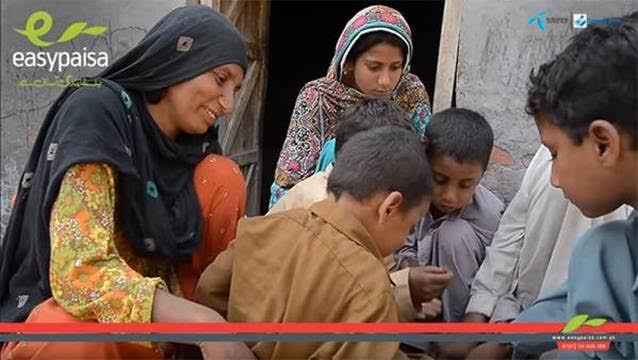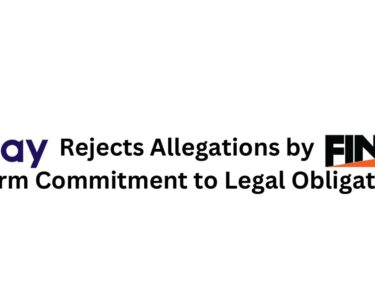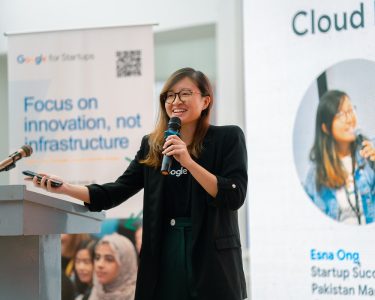| Telenor believes in empowering societies. Motivated by the prospect of building something that can make a difference for customers with very limited access to traditional financial services, we ventured to leverage our mobile tele-density strength in developing countries to bring about financial inclusion. Telenor has committed to enabling 50% of its customers to use their mobile phones for financial services by 2020, which means 100 million customers will have access to mobile financial services. We joined the UFA2020 initiative eager to learn from other players on shared challenges, drive strength from a common goal, and scale solutions that have demonstrated success in other markets. |
| When Telenor Pakistan and Tameer Micro Finance launched Easypaisa in 2009, only 15 million out of the 200 million people in Pakistan had access to financial services, even though there were more than 30 banks with 11,000 branches, some of which had been operating for over 50 years. Bringing financial services to the masses for the first time, Easypaisa is now used by over 20 million Pakistanis, spans 75,000 outlets across 800 cities and moved 3% of Pakistan’s GDP in 2015. Easypaisa launched with a simple money transfer product, which allowed individuals to send funds to each other. The model we deployed was unique, featured over-the-counter services and relied primarily on a CNIC (Computerized National Identity Card) to send and receive funds from an Easypaisa retailer. This product was an instant success, and remains the most popular product on the platform. |
| For Easypaisa, financial inclusion is not only the ability to send money from one place to another, but is also access to a myriad of services, spanning payments, insurance, loans, savings, airtime purchase, utility bill payments and more. While the mobile account is a great starting point for true financial inclusion, it comes with its own set of challenges, which range from the KYC (Know Your Customer) requirements for banking to the general level of education required to operate one. |
| To address some of these concerns and to lower the bar for financial inclusion, Easypaisa launched two initiatives in the past year. The first initiative was to bring more people into the formal financial fold, and was a by-product of a GSM regulation change. In response to the domestic security situation, the Pakistan Telecom Authority announced a campaign to document SIM ownership, requiring biometric fingerprint verification of all SIMs. Easypaisa saw this as an opportunity: what if we could leverage the increased security that comes from using BVS (Biometric Verification System) for banking? We petitioned the State Bank of Pakistan to be able to open mobile accounts using BVS. We were able to offer 1-minute self-registered bank accounts. Opening a mobile account is as simple as dialing a USSD string. Gone are the days of account forms and document collection. As a result, while we closed 2014 with just 3 million registered accounts after 5 years in the market, in 2015 we registered over 5 million accounts, more than doubling our registered base. |
| Account registration, however, is only half the story. We also needed to tackle the challenge of activity within these accounts. Of the 8 million registered accounts with Easypaisa, almost 1.7 million are active (21%) showing us that the majority of subscribers struggle with mobile account usage. For this reason, our second initiative focused on the value that mobile accounts create for subscribers. This included running educational campaigns and offering incentives to consumers to conduct financial transactions from their mobile accounts. We ran a similar campaign last year whereby we made money transfer from Person-to-Person (P2P) free. As a result, starting from almost negligible base our customers now close to 1 million P2P transactions per month. |
| We also have incentive campaigns for consumers buying telco airtime through their mobile accounts and for paying utility bills. We also focused on offering more services to these newly banked customers. Insurance penetration and awareness in Pakistan are quite low, and lack of access to health care is amongst the leading reasons for low life expectancy. Sixty-three percent of Pakistanis bear the financial cost of illness by using their savings, borrowing money or even selling household assets to overcome major health catastrophes, according to the CIA World Fact Book (2013). These survival techniques leave households in significant debt, making it challenging to escape the vicious poverty cycle. Although more than 50 insurance companies operate in Pakistan, in the last two decades they have been able at best to penetrate only a fraction of a percent of the total insurable market. |
| In response to these market conditions, Easypaisa launched “Easypaisa Sehat Sahara Health Insurance,” Pakistan’s first mass market health insurance product in partnership with MicroEnsure and a leading local insurance company. Easypaisa Sehat Sahara improves access to health care by providing financial assistance for inpatient hospitalization and disability and offering a new method of health financing to those in need, for only USD$10 a year. In just under a year since launch, Easypaisa health insurance has gained more than 100,000 subscribers and is opening new avenues to access healthcare. Unlike conventional health insurance, the customer is not required to visit a specified hospital, and instead can freely visit the nearest healthcare facility, which includes free government or trust as well as private hospitals. The customer is only required to provide his CNIC, making this insurance accessible to an unprecedented number of people. |
| We are also digitizing the most common payments most people make from retail goods to school fees. Piece by piece we are working toward covering all the financial use cases of our constituents, expanding on the options available to the Pakistani market and bringing true financial inclusion to the underserved. |




